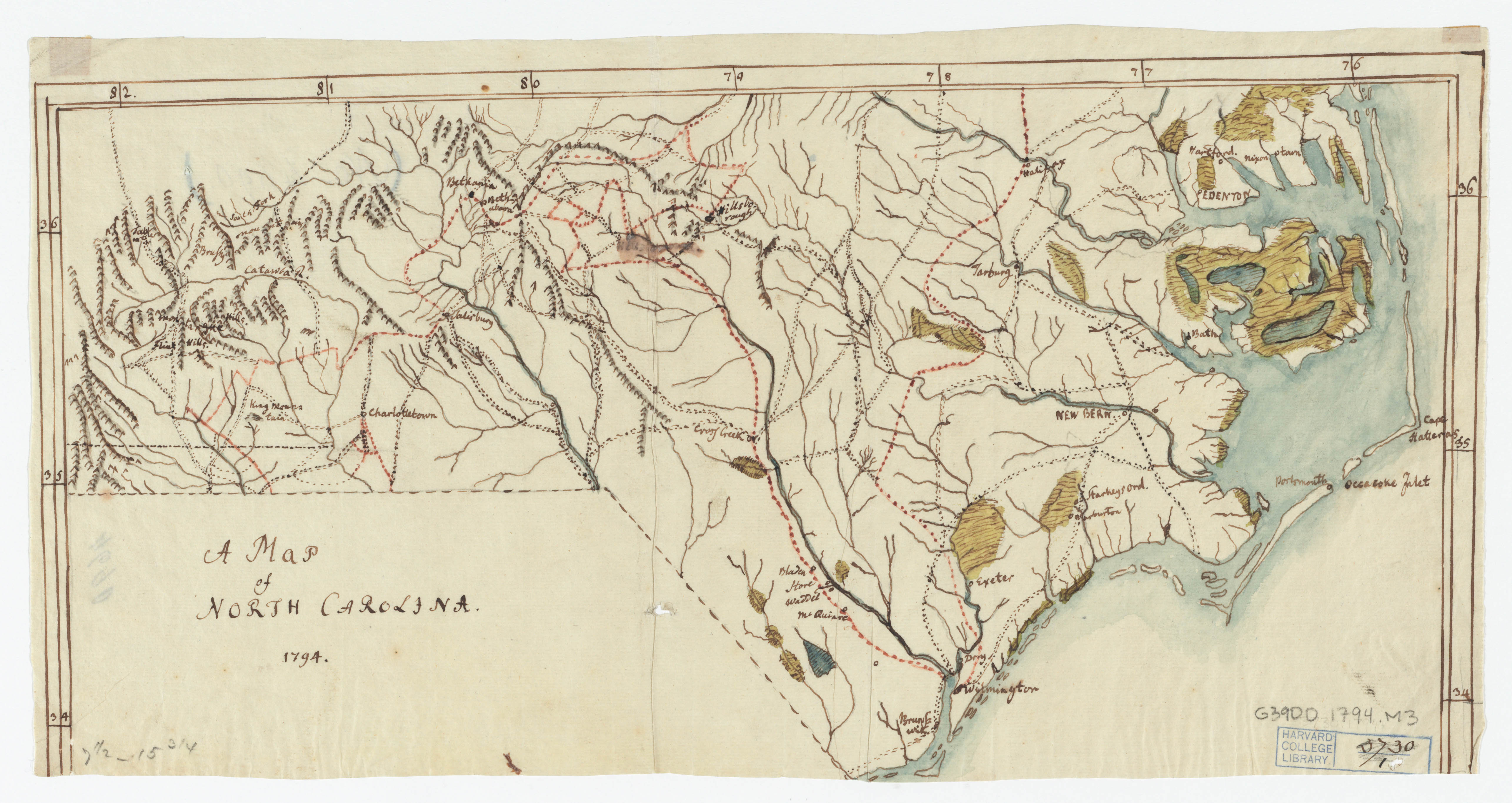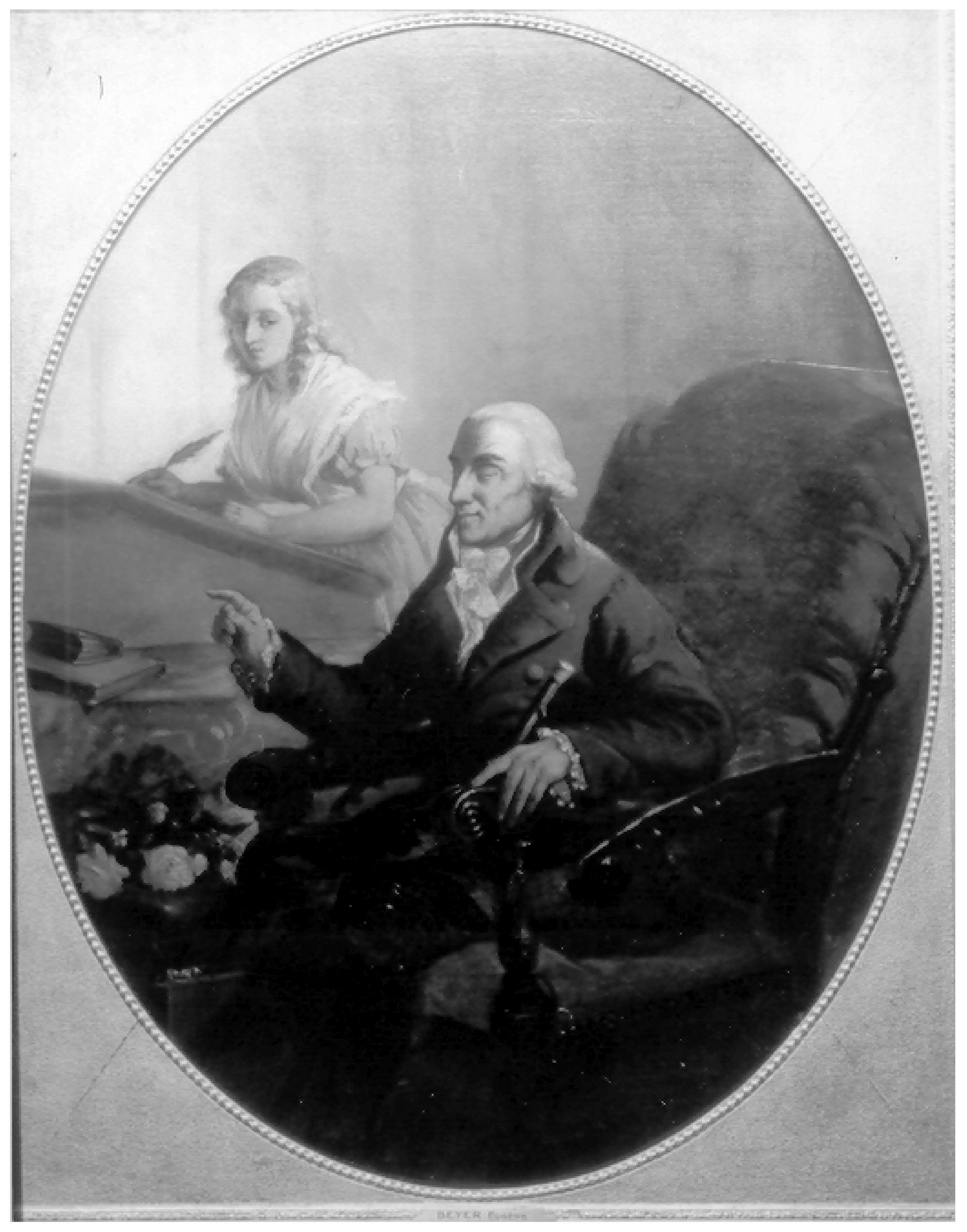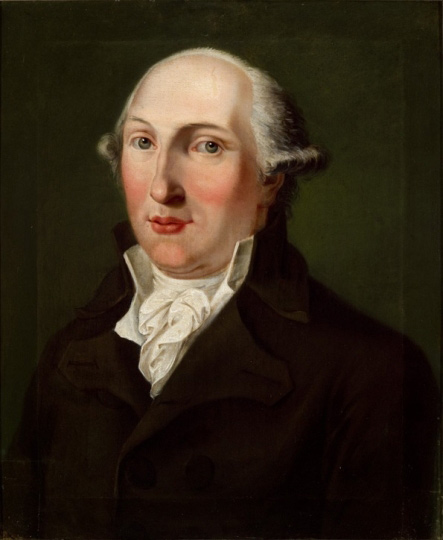|
Philanthropinism
Philanthropinism (also philanthropism) is an educational reform movement that was established in the second half of the eighteenth century, rooted in the principles of philanthropy. The name, similar to its rooted origin, is derived from the Greek words for friend and human (φίλος and άνθρωπος respectively). The movement was initiated during the Age of Enlightenment, and accordingly centers around similar social ideas – namely rationalism and empiricism. The movement was, contemporaneously, endorsed by the German philosopher Immanuel Kant. The complementary institute – named Philanthropinum and established by the founder of the movement – has been quoted by Kant as following "the perfect plan of education". The philanthropinists’ ideas of teaching children to become philanthropic, natural and rational beings are partly derived from the theories of childhood and education proposed by John Locke (1632–1704) and Jean-Jacques Rousseau (1712–1778), among others. ... [...More Info...] [...Related Items...] OR: [Wikipedia] [Google] [Baidu] |
Philanthropinum
The Philanthropinum (''from Greek: φίλος = friend, and άνθρωπος = human'') was a reformist, progressive school in Dessau, Germany from 1774 to 1793. It was based on the principles of philanthropinism, an educational movement developed in the German-speaking area during the Age of Enlightenment. History The Philanthropinum, or "School of Philanthropy," was founded on 27 December 1774 by the German educational reformers Johann Bernhard Basedow (1724–1790) and Christian Heinrich Wolke (1741–1825). Basedow was influenced by ideas on childhood and education as proposed by John Locke (1632–1704) and Jean-Jacques Rousseau (1712–1778). At the beginning the Philanthropinum had only one teacher and three students, but numbers rapidly grew as its reputation spread beyond Dessau. Prince Franz supported the school, both financially and with his gift of the Palais Dietrich as a venue. [...More Info...] [...Related Items...] OR: [Wikipedia] [Google] [Baidu] |
Joachim Heinrich Campe
Joachim Heinrich Campe (29 June 1746 – 22 October 1818) was a German writer, linguist, educator and publisher. He was a major representative of philanthropinism and the German Enlightenment. Life Born to the merchant Burchard Hilmar Campe and the preacher's daughter Anna Margaretha Campe (née Gosler) on 29 June 1746, Campe grew up in the village of Deensen in Lower Saxony. After visiting the convent school in nearby Holzminden from 1760 to 1765, he was granted a scholarship and went to study Protestant theology in Helmstedt. His support for his teacher Wilhelm Abraham Teller, whose ideas on an enlightened Christianity were criticised by orthodox theologians, cost Campe his scholarship. He then left Helmstedt and continued his studies of theology in Halle, where he went to lectures of another critical theologian, Johann Salomo Semler. After his studies, Campe moved to Berlin as a private tutor to the Humboldt family. After being a preacher in Potsdam in 1773 and having b ... [...More Info...] [...Related Items...] OR: [Wikipedia] [Google] [Baidu] |
Age Of Enlightenment
The Age of Enlightenment (also the Age of Reason and the Enlightenment) was a Europe, European Intellect, intellectual and Philosophy, philosophical movement active from the late 17th to early 19th century. Chiefly valuing knowledge gained through rationalism and empiricism, the Enlightenment was concerned with a wide range of social and Politics, political ideals such as natural law, liberty, and progress, toleration and fraternity (philosophy), fraternity, constitutional government, and the formal separation of church and state. The Enlightenment was preceded by and overlapped the Scientific Revolution, which included the work of Johannes Kepler, Galileo Galilei, Francis Bacon, Pierre Gassendi, Christiaan Huygens and Isaac Newton, among others, as well as the philosophy of Descartes, Hobbes, Spinoza, Leibniz, and John Locke. The dating of the period of the beginning of the Enlightenment can be attributed to the publication of René Descartes' ''Discourse on the Method'' in 1 ... [...More Info...] [...Related Items...] OR: [Wikipedia] [Google] [Baidu] |
Christian Heinrich Wolke
A Christian () is a person who follows or adheres to Christianity, a monotheistic Abrahamic religion based on the life and teachings of Jesus Christ. Christians form the largest religious community in the world. The words ''Christ'' and ''Christian'' derive from the Koine Greek title (), a translation of the Biblical Hebrew term '' mashiach'' () (usually rendered as ''messiah'' in English). While there are diverse interpretations of Christianity which sometimes conflict, they are united in believing that Jesus has a unique significance. The term ''Christian'' used as an adjective is descriptive of anything associated with Christianity or Christian churches, or in a proverbial sense "all that is noble, and good, and Christ-like." According to a 2011 Pew Research Center survey, there were 2.3 billion Christians around the world, up from about 600 million in 1910. Today, about 37% of all Christians live in the Americas, about 26% live in Europe, 24% live in sub-Saharan Africa, a ... [...More Info...] [...Related Items...] OR: [Wikipedia] [Google] [Baidu] |
Gottfried Benedict Funk
Gottfried is a masculine German given name. It is derived from the Old High German name , recorded since the 7th century, and composed of the elements (conflated from the etyma for "God" and "good", and possibly further conflated with ) and ("peace" or "protection"). The German name was commonly hypocoristically abbreviated as '' Götz'' from the late medieval period. ''Götz'' and variants (including '' Göthe, Göthke'' and ''Göpfert'') also came into use as German surnames. Gottfried is also a common surname among Ashkenazi Jews. Given name The given name ''Gottfried'' became extremely frequent in Germany in the High Middle Ages, to the point of eclipsing most other names in ''God-'' (such as ''Godabert, Gotahard, Godohelm, Godomar, Goduin, Gotrat, Godulf'', etc.) The name was Latinised as ''Godefridus''. Medieval bearers of the name include: * Gotfrid, Duke of Alemannia and Raetia (d. 709) *Godefrid (d. c. 720), son of Drogo of Champagne, Frankish nobleman. *Godfrid H ... [...More Info...] [...Related Items...] OR: [Wikipedia] [Google] [Baidu] |
Christoph Daniel Ebeling
Christoph Daniel Ebeling (20 November 1741 – 30 June 1817) was a scholar of Germany who studied the geography and history of North America. Biography Ebeling was born near Hildesheim, Hanover. He studied theology at University of Göttingen, Göttingen, but devoted himself to geographical studies, and for 33 years taught history and Greek in the Hamburg Gymnasium (school), gymnasium. He was also superintendent of the Hamburg library, and collected about 10,000 maps and nearly 4,000 books relating to America. Ebeling's Masterpiece, magnum opus was a ''Geography and History of North America'' (5 vols., Hamburg, 1796–1816), forming a continuation of Anton Friedrich Büsching, Büsching's ''General Geography''. He received a vote of thanks from the United States Congress for this work. He was noted for his extensive knowledge of oriental languages, of classic and foreign literature, and of history and geography. Ebeling's collection was purchased by Israel Thorndike in the year af ... [...More Info...] [...Related Items...] OR: [Wikipedia] [Google] [Baidu] |
Caroline Rudolphi
Caroline Rudolphi (also ''Karoline''; 1753–1811) was a German educationist and poet. Born to a poor family in Magdeburg and growing up in Potsdam (Margraviate of Brandenburg, Kingdom of Prussia), she was discovered by composer Johann Friedrich Reichardt, who in 1781 set to music and published a number of her poems. From 1778, Rudolphi served as educator to the daughters of the von Röpert family of Trollenhagen. In 1783, she opened her own educational institute at Trittau. Over the following years, Rudolphi became a widely known and respected educationist for girls. She became friends with Elise Reimarus, and at her institute she established a literary salon, attracting a circle of intellectuals such as Matthias Claudius, Friedrich Gottlieb Klopstock, Friedrich Heinrich Jacobi, Jens Baggesen. Rudolphi moved her institute to Heidelberg in 1803 (in the newly formed Electorate of Baden), where she became socially involved with the circle of Romanticist intellectuals the ... [...More Info...] [...Related Items...] OR: [Wikipedia] [Google] [Baidu] |
Gottlieb Konrad Pfeffel
Gottlieb Konrad Pfeffel (28 June 1736 – 1 May 1809) was a French-German writer and translator from the Pfeffel family. His texts were put to music by Ludwig van Beethoven, Joseph Haydn and Franz Schubert. He is sometimes also known as Amédée or Théophile Conrad Pfeffel, which is the French translation of Gottlieb ("Godlove"). Biography Gottlieb Konrad Pfeffel was born in Colmar. His father, Johann Konrad Pfeffel (1682–1738), was the mayor of Colmar and a legal consultant of the French king, but died when Gottlieb was only two years old. His mother was Anna Katharina Pfeffel, nee Herr (1694–1773), daughter of patrician of Colmar Johann Georg Herr. His father was the son of a pastor Johann Konrad Pfeffel (1636–1701). He was raised by his brother (1726–1807), who was ten years older. He went in 1751 to the University of Halle to study law, with the intention of becoming a diplomat. There, he was a student of the philosopher Christian Wolff. In 1752, Pfeffel tr ... [...More Info...] [...Related Items...] OR: [Wikipedia] [Google] [Baidu] |
Johann Georg Büsch
Johann Georg Büsch (January 3, 1728 at Alten-Weding in Hanover – August 5, 1800 in Hamburg) was a German mathematics teacher and writer on statistics and commerce. Biography He was educated at Hamburg and Göttingen, and in 1756 was made professor of mathematics in the Hamburg gymnasium, which post he held until his death. Besides suggesting many theoretical improvements in the carrying on of trade by the city, he brought about the establishment of an association for the promotion of art and industry (), and the foundation of a school of trade, instituted in 1767, which became under his direction one of the most noted establishments of its class in the world. For some time before his death Büsch was almost totally blind. As a mathematics teacher he mentored and helped the young Johann Elert Bode, who later became a famous astronomer. Works Besides a history of trade (''Geschichte der merkwürdigsten Welthändel'', Hamburg, 1781), he wrote voluminously on all subjects connec ... [...More Info...] [...Related Items...] OR: [Wikipedia] [Google] [Baidu] |
Philipp Julius Lieberkühn
Philipp is both a surname and a given name. Notable people with the name include: "Philipp" has also been a shortened version of Philippson, a German surname especially prevalent amongst German Jews and Dutch Jews. Surname * Adolf Philipp (1864–1936), German/American actor, composer and playwright * David Philipp (biologist), biologist * David Philipp (footballer) (born 2000), German footballer * Elke Philipp (born 1964), German Paralympic equestrian * Elliot Philipp (1915–2010), British gynaecologist and obstetrician * Franz Philipp (1890–1972), German church musician and composer * Hans Philipp (1917–1943), German fighter ace during WW II * Julius Philipp (1878–1944), German metal trader * Lutz Philipp (1940–2012), German long-distance runner * Maximilian Philipp (born 1994), German footballer * Oscar Philipp (1882–1965), German and British metal trader * Paul Philipp (born 1950), Luxembourgian football player and manager * Peter Philipp (1971–2014), German wri ... [...More Info...] [...Related Items...] OR: [Wikipedia] [Google] [Baidu] |
Friedrich Gedike
Friedrich Gedike (15 January 1754, Boberow bei Karstädt (Prignitz) ( Mark Brandenburg) – 2 May 1803, Berlin) was a German theologian, teacher and educational reformer of the late Age of Enlightenment. He was the recipient of the letters that made up the book by C. P. Moritz entitled ''Journeys of a German in England in 1782''.Carl Philip Moritz: ''Journeys of a German in England in 1782'', tr. and ed. Reginald Nettel (New York, NY: Holt, Rinehart and Winston, Inc., 1965), pp. 20–21. Life Gedike came from an old family of theologians. His grandfather, Lambert Gedicke, was the ''Feldpropst'' (chief military chaplain) of the Prussian Army, and Simon Gedi(c)ke, Chief Chaplain to the Prince-Elector, Joachim II Hector, Elector of Brandenburg. Ludwig Gedike, later headmaster of the Leipzig Bürgerschule, Ludwig Gedike, was Friedrich's younger brother. Works *''Aristoteles und Basedow.'' 1779 *''Schulschriften.'', two volumes, 1789 and 1795 *''Vermischte Schriften.'' 1801 Referen ... [...More Info...] [...Related Items...] OR: [Wikipedia] [Google] [Baidu] |




